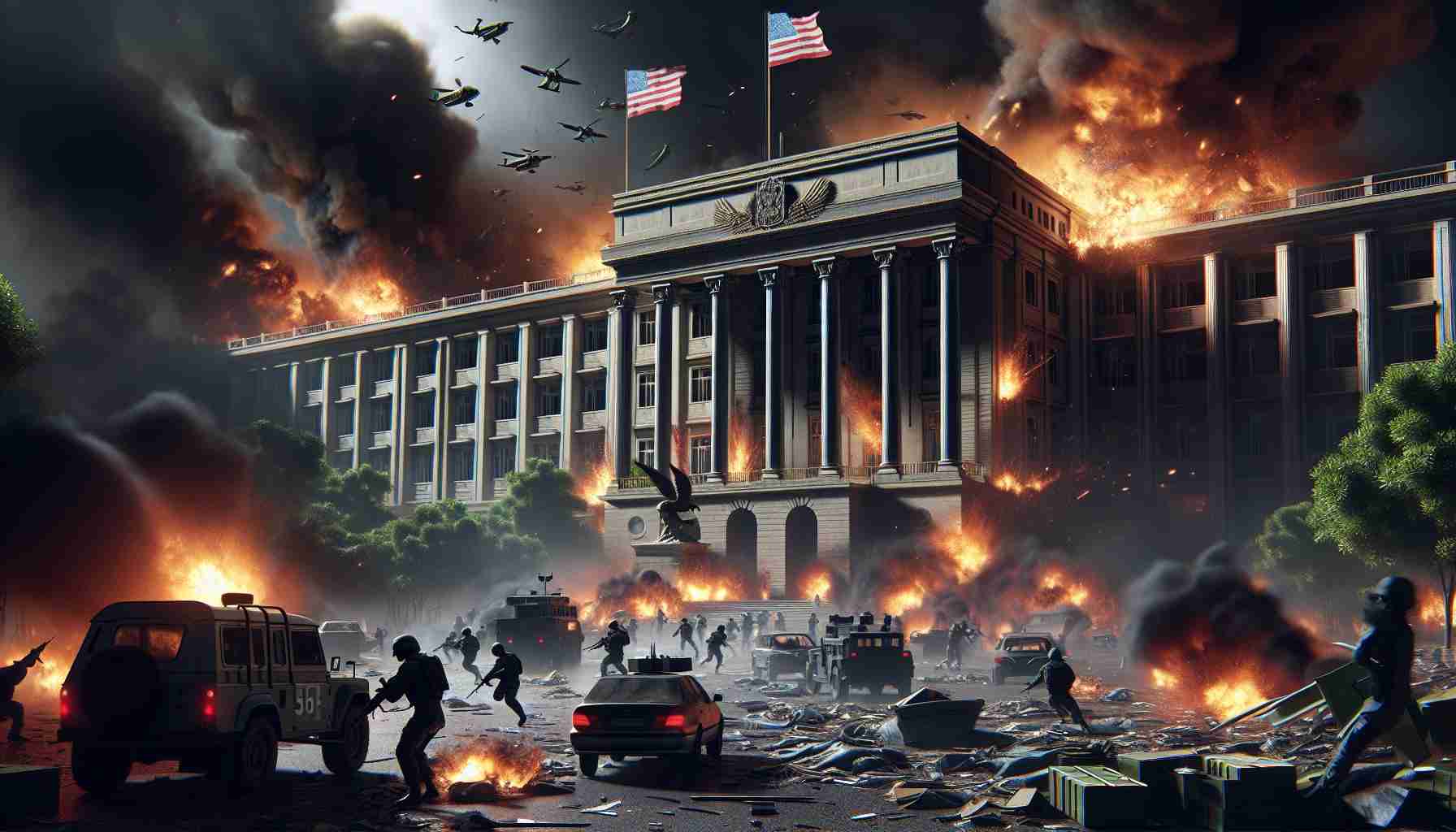Insights into the Attack on Chad’s Capital
In a shocking turn of events, the capital of Chad, Yamena, witnessed an attack on the presidential residence on January 8. Local sources reported confusion regarding the incident, with conflicting information about the assailants. Initially labeled as an assault by Boko Haram, government officials later downplayed the attack, attributing it to a small group of armed criminals using knives.
The Chadian Foreign Minister provided a grim update, revealing that among the 24 attackers, 18 had been neutralized, with several sustaining injuries. Remarkably, despite the violence, the situation in the capital returned to calm shortly after the incident, with locals going about their daily routines without noticeable military or police presence.
Coinciding with the turmoil, a visit from China’s Foreign Minister has added to the complexities of Chad’s geopolitical landscape, especially following the recent withdrawal of French troops. The Chadian President had unexpectedly announced the end of a longstanding military partnership with France, raising questions about the nation’s future security.
Amid these developments, there are concerns about Chad’s capacity to handle internal rebellions, threats from extremist groups, and a looming food crisis due to drought. The absence of French support, which had been instrumental in stabilizing the regime during previous crises, raises fears about Chad’s ability to navigate these challenges alone. Other Sahel nations reflecting similar sentiments have also pushed for the departure of French forces, signifying a broader regional shift.
Chad’s Rising Security Concerns: What You Need to Know
The recent attack on Chad’s capital, Yamena, underscores the escalating security challenges facing the nation. On January 8, the presidential residence was targeted in an incident that initially garnered widespread attention due to confusion surrounding the nature of the assailants. While it was first reported as an assault by Boko Haram, government sources later clarified that a small group of armed criminals was responsible, using knives in their attack.
Attack Overview and Government Response
Chad’s Foreign Minister reported that of the 24 attackers, 18 were neutralized, sustaining injuries in the skirmish. This quick response, however, raises questions about the overall security infrastructure. Remarkably, following the attack, life in Yamena appeared to return to normal, with residents resuming their daily activities despite the lack of an apparent military or police presence.
Geopolitical Shifts and Regional Stability
This incident coincides with significant geopolitical changes. The recent visit from China’s Foreign Minister highlights Chad’s evolving international relationships, particularly in a context where the withdrawal of French troops has left a power vacuum. The Chadian President’s abrupt decision to end the long-standing military cooperation with France has left many questioning the nation’s future security dynamics.
Challenges Ahead: Internal Rebellion and Food Crisis
Chad faces not only security threats from both internal rebellions and extremist groups but also serious challenges related to a looming food crisis driven by drought conditions. The absence of French support—historically a stabilizing force—casts doubt on Chad’s ability to manage these multifaceted crises independently.
Security Implications and Regional Trends
The situation in Chad is symptomatic of broader regional trends. Other countries in the Sahel are echoing calls for the withdrawal of French forces, suggesting a potential shift in military alliances and strategies across the region. As security dilemmas grow, neighboring nations may also struggle with similar threats, opening the door for new partnerships or interventions.
Looking Forward: Predictions and Recommendations
As Chad navigates this precarious landscape, the importance of international partnerships cannot be overstated. Future strategies may include:
– Regional Collaboration: Strengthening ties with neighboring countries to create a cohesive security framework.
– Diversifying Partnerships: Engaging with a range of international partners beyond traditional allies like France to bolster military and economic support.
– Investing in Resilience: Fostering agricultural resilience and food security through investment in sustainable practices to mitigate the impacts of drought.
With these considerations, Chad could potentially stabilize its tumultuous environment, but swift action and strategic planning will be crucial in mitigating the risks ahead.
For more insights on geopolitical developments and security affairs in Africa, visit BBC News.
